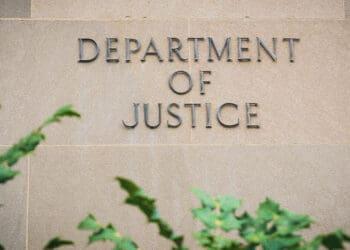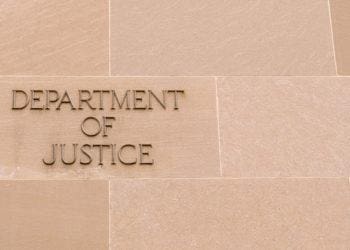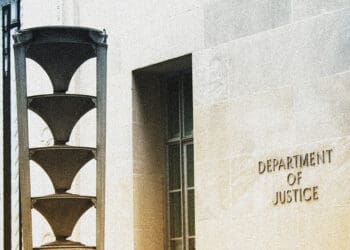Conspiracy Count Dismissed in Ruling on United States v. Hoskins
In a recent case heard by the U.S. Court of Appeals, Lawrence Hoskins, a former executive at Alstom, was charged with conspiracy to bribe foreign officials. The Court’s decision in the case calls into question just how long the DOJ’s reach really is with respect to the FCPA.
The Justice Department’s attempt to assert broad jurisdiction over foreign nationals was rebuked in a recent U.S. Court of Appeals decision in United States v. Hoskins. As a result, the appellate court affirmed the lower court’s decision to dismiss the FCPA conspiracy count against defendant Hoskins, a former Alstom executive.
The government will still be able to prosecute Hoskins for substantive FCPA violations based on the theory that he acted as an agent of a U.S. company, Alstom’s subsidiary, based in New Jersey.
The practical effect of the Court’s decision will be minimal since the FCPA already includes broad categories of foreign nationals’ subject to prosecution. Hoskins’ unique factual circumstances occur relatively rarely. However, the Court’s decision stands as a rebuke to the Justice Department’s interpretation of the statute.
Hoskins, who worked for an Alstom subsidiary, was charged with FCPA conspiracy despite the fact that he had no contact with the United States, worked for a foreign subsidiary and did not carry out any acts in the United States. Hoskins was charged with other defendants with a conspiracy to bribe foreign officials in Indonesia.
The Court was faced with an interesting issue: whether a defendant could be charged with conspiracy to violate a statute where he did not fall within the categories of persons covered by the statute.
The FCPA creates three categories of persons who can be prosecuted under the statute:
- Issuers of securities and their officers, directors or employees;
- S. companies and U.S. persons using facilities of interstate commerce to carry out a bribery scheme; and
- Foreign companies or persons who carry out bribery schemes while acting in the United States.
Alstom is based in France. Hoskins worked at an Alstom subsidiary in France. The government alleges that Hoskins participated in a bribery scheme by Alstom’s U.S. subsidiary to secure a $118 million power contract in Indonesia. Hoskins allegedly was involved in the selection of, and authorization of, illegal payments to a third-party, who in turn paid bribes to an Indonesian official.
Several parts of the bribery scheme occurred in the United States: one of the consultants had a bank account in Maryland, bribery payments were made from funds in the United States, several executives met and discussed the bribery scheme while in the United States and email and phone communications occurred in the United States relating to the bribery scheme. Hoskins communicated with U.S.-based executives and employees about the scheme, but was never physically present.
The legal question presented by the appeal was fairly technical and required the Court to determine if Hoskins could be charged with conspiracy to violate a substantive statute that did not cover his activities. The Court upheld the lower court decision based on the following factors:
- The Court ruled that the conspiracy charge was restricted to those specific enumerated categories of persons subject to the FCPA. The Court found the language of the statute instructive on this question since it specifically listed the persons subject to the statute and excluded any category applicable to Hoskins.
- The Court found that the legislative history surrounding the FCPA supported the exclusion of foreign nationals falling into Hoskins’ category of persons covered by the FCPA. The Court carefully analyzed the legislative history citing Congress’ decision to exclude foreign nationals that do not fall within the enumerated categories.
- The Court cited the presumption against extraterritorial application of the FCPA in the absence of an affirmative statement from Congress in the statute.
This article was republished with permission from Michael Volkov’s blog, Corruption, Crime & Compliance.



 Michael Volkov is the CEO of The Volkov Law Group LLC, where he provides compliance, internal investigation and white collar defense services. He can be reached at
Michael Volkov is the CEO of The Volkov Law Group LLC, where he provides compliance, internal investigation and white collar defense services. He can be reached at 








